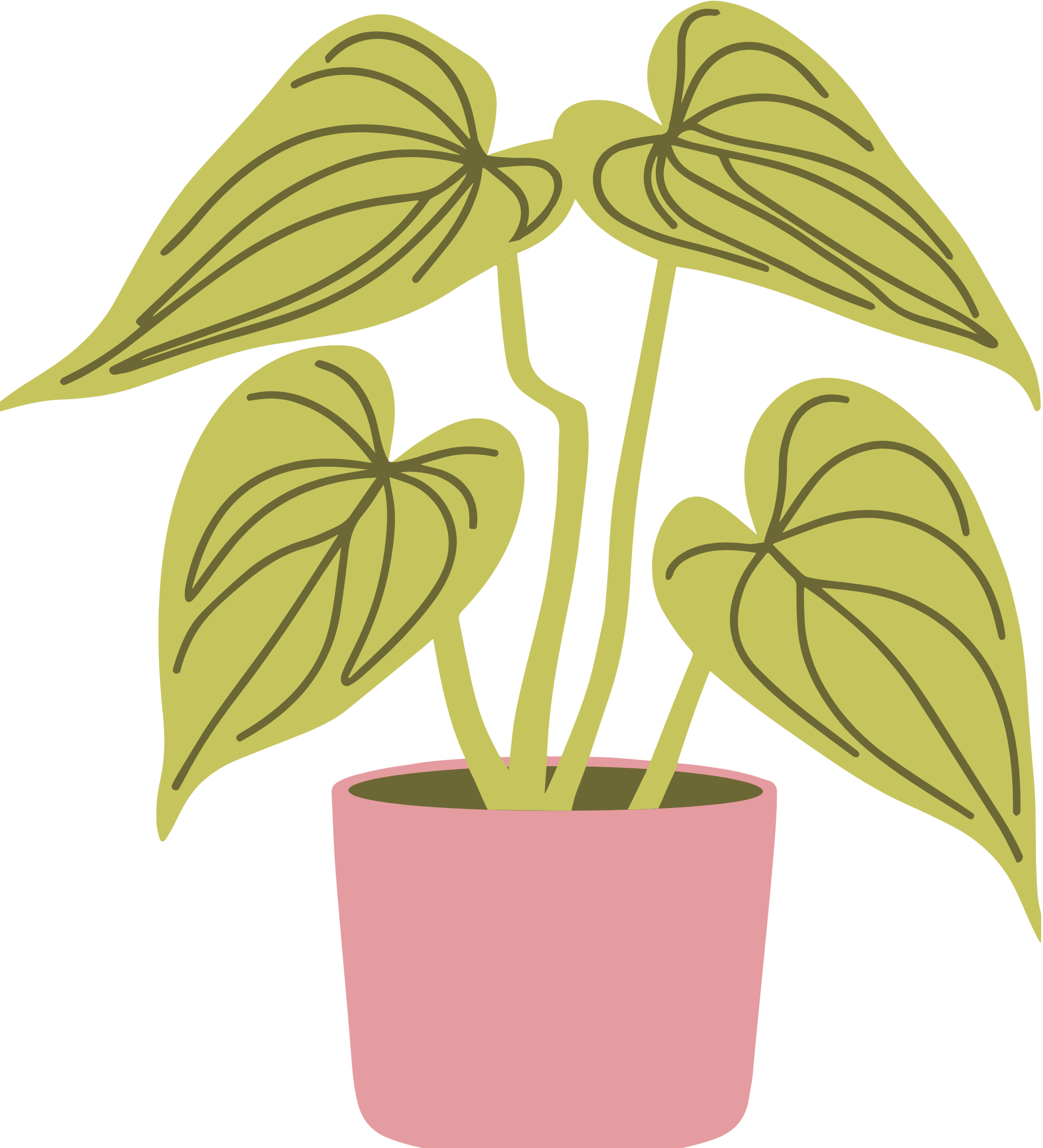 The Plant Society
The Plant Society
Begonia Angel Wing Pink
Begonia Angel Wing Pink is a beautiful and vibrant cultivar of the Begonia family, known for its angel-wing shaped leaves and pink flowers. This Begonia variety thrives in warm, humid conditions and with proper care, it will reward you with its striking foliage and bright blooms.
1. Light Requirements
- Ideal Light: Begonia Angel Wing Pink prefers bright, indirect light. Place it near a window with filtered light to mimic its natural environment.
- Avoid Direct Sunlight: Direct sunlight can scorch the delicate leaves, causing them to burn or develop brown spots. Provide light that is bright but diffused.
- Low Light Tolerance: While it can tolerate some low light, the plant’s growth may slow down, and it may produce fewer flowers. Aim for bright, indirect light for the best growth and flowering.
2. Watering
- Watering Frequency: Water the plant when the top inch of soil feels dry. Begonias prefer to be kept moist but not soggy.
- How to Water: Water thoroughly until excess water drains from the bottom of the pot. Ensure that the pot has drainage holes to prevent water from accumulating and causing root rot.
- Avoid Overwatering: Begonias are prone to root rot if overwatered. Always let the soil dry slightly between waterings, and never allow the plant to sit in water.
- Water Quality: Begonias are sensitive to fluoride, which is found in tap water. If possible, use distilled or rainwater to avoid damaging the plant.
3. Temperature and Humidity
- Temperature Range: Begonia Angel Wing Pink prefers warm temperatures between 60°F to 75°F (15°C to 24°C). It is not frost-tolerant and should be kept in temperatures above 50°F (10°C).
- Humidity: This plant thrives in high humidity (50% or higher). To keep the humidity levels ideal, consider using a humidity tray, placing the plant in a more humid room like a bathroom, or using a humidifier.
- Avoid Cold: Cold drafts, sudden temperature changes, or exposure to temperatures below 50°F (10°C) can damage the plant.
4. Soil and Potting
- Soil Type: Begonia Angel Wing Pink prefers well-draining, slightly acidic soil. Use a potting mix that retains moisture without becoming waterlogged. A mix designed for houseplants or Begonias, containing peat moss, perlite, and pine bark, works well.
- Repotting: Repot every 1-2 years, or when the plant becomes root-bound. Choose a pot that is 1-2 inches larger than the current one, with drainage holes to ensure proper drainage.
- Potting: Make sure your pot has adequate drainage. Begonias do not like to sit in water, and good drainage is essential to prevent root rot.
5. Fertilizing
- Feeding Frequency: During the growing season (spring and summer), feed your Begonia Angel Wing Pink once a month with a balanced, water-soluble fertilizer diluted to half strength.
- Avoid Overfertilizing: Overfertilizing can lead to fertilizer burn or excessive foliage growth at the expense of blooms. Reduce fertilizing in fall and winter when the plant’s growth slows.
- Organic Fertilizers: Slow-release or organic fertilizers can also be used to provide steady nutrition without overfeeding.
6. Pruning and Maintenance
- Pruning: Trim back leggy growth or dead leaves to maintain the shape of the plant. Pruning also encourages new growth and helps to keep the plant looking tidy.
- Cleaning: Gently wipe the leaves with a damp cloth to remove dust and prevent pests from taking hold. Clean leaves allow the plant to photosynthesize more effectively.
- Leaf Care: Be gentle when handling the leaves as they are fragile and may tear. Regular leaf cleaning ensures better growth and appearance.
7. Common Problems
- Yellowing Leaves: Yellowing leaves can be a sign of overwatering, poor drainage, or too much direct sunlight. Check the watering schedule and light conditions to ensure they are optimal.
- Brown Leaf Tips: Brown tips can be caused by dry air (low humidity), underwatering, or inconsistent watering. Keep humidity levels high and water consistently to avoid this issue.
- Pests: Begonias are susceptible to pests such as aphids, spider mites, and mealybugs. Regularly inspect the plant for any signs of pest infestation and treat promptly with insecticidal soap or neem oil.
8. Toxicity
- Pets: Begonias, including Begonia Angel Wing Pink, are toxic to pets (cats and dogs) if ingested. The plant contains insoluble calcium oxalates, which can cause irritation to the mouth, throat, and digestive system. Keep the plant out of reach of pets.
By following these care guidelines, your Begonia Angel Wing Pink will thrive, producing beautiful pink flowers and stunning angel-wing shaped leaves. With the right environment, this plant will add a touch of elegance and vibrancy to your home.